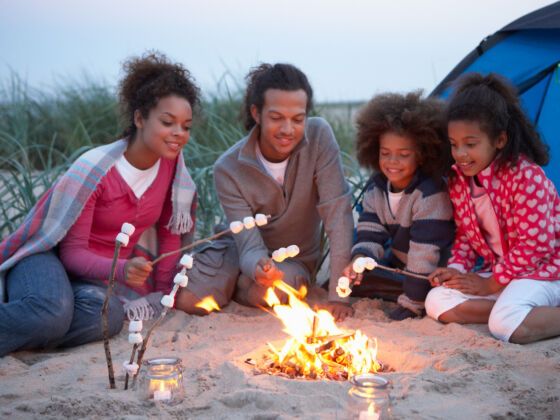On my first camping trip, my dad brought an air mattress and a raccoon ate our eggs. I was two years old and my dad had decided that it was time to finally indoctrinate my mother, and me, into the world of the outdoors. Growing up in Delaware, the closest thing to a hike she’d ever been on was walking to church, but my dad wanted to be able to share his love of the woods with his children and if it took an absurdly large tent, an air mattress, and a cooler, that would be a small price to pay. I don’t remember the trip, but ever since the mountains have felt like home. From living out of a van for two months to hiding in Northern Vermont for the winter, I can’t imagine a life without hiking boots at the ready.
I’ve grown up with the feeling that the world is my playground, and while I’ve learned more from my outdoor experiences than I will probably ever understand, there are four lessons that have most guided me towards surviving as a fully-fledged adult.
